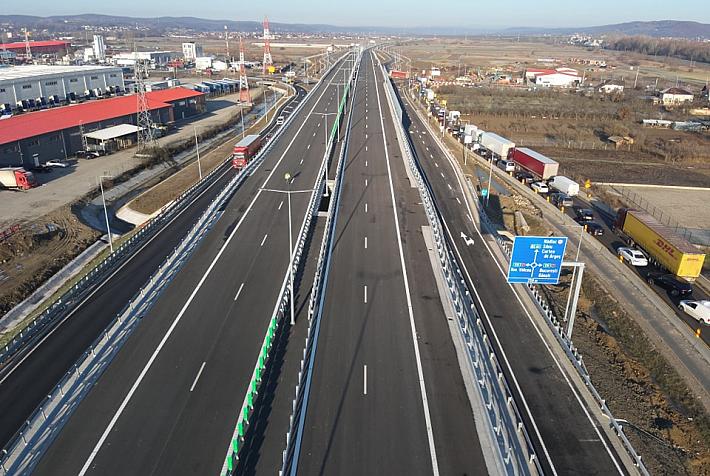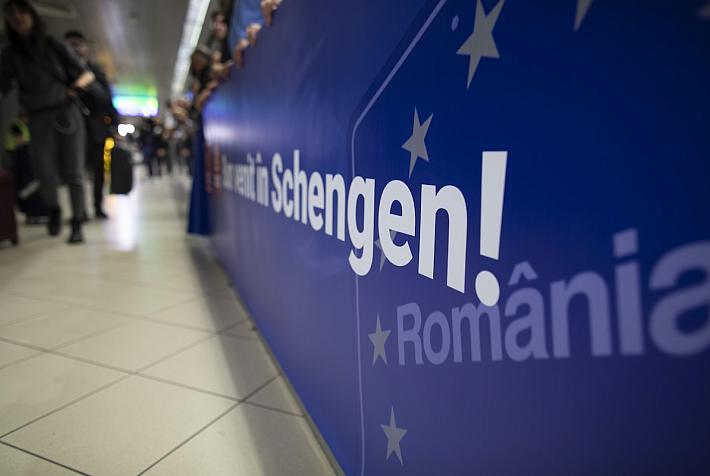Romania’s budget deficit shrinks on one-off, deferred tax payments from Covid period

Romania’s public deficit has narrowed by 28% YoY to RON 39.4 bln (EUR 8.0 bln) in January-August this year, on the back of one-off tax payments operated by companies that deferred their tax duties during the Covid period last year.
The figure renders the full-year 7.13% of GDP budget deficit feasible, but the massive one-off effects mean that further consolidation next year (with no such one-off effects) will prove very difficult. However, the transfers from the EU budget may entirely change the budget execution over the next year, making the fiscal consolidation a considerably lesser burden.
In January-August this year, the budget revenues increased by 19.6% YoY to RON 240.8 bln (20.5% of the year’s projected GDP), while the total expenditures edged up by only 9.4% YoY to RON 280.1 bln (23.8%).
The VAT and social security contributions (two key duties the companies were allowed to defer) increased by RON 25.5 bln (EUR 5.1 bln) or by 22.6% YoY, and their combined ratio to GDP advanced by 1pp to 11.4% of GDP (55.4% of total budget revenues for the period).
Overall, the revenues to GDP ratio increased by 1.4pp - meaning that the two elements, boosted by one-off payments, contributed essentially.
Another key driver for the January-August budget revenues were the EU budget transfers, RON 17.2 bln, RON 5.2 bln (0.4% of year’s GDP) more than the same period last year.
On the expenditures side, the public sector payroll has increased only marginally (+2.6% YoY) in nominal terms and decreased as a percentage of the annual GDP, by 0.5pp to 6.3% of GDP in January-August this year.
iulian@romania-insider.com
(Photo source: Vinnstock/Dreamstime.com)













